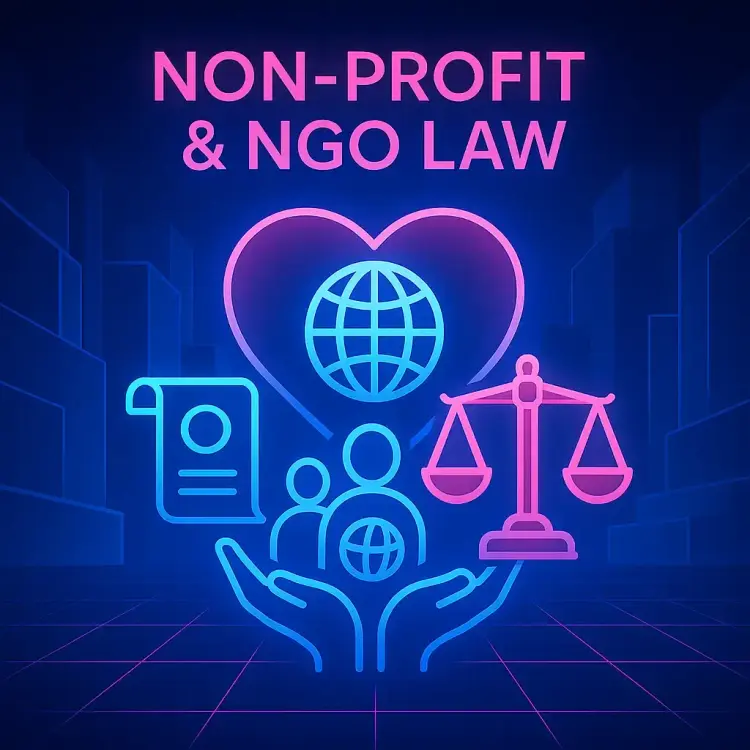The effectiveness of a humanitarian mission is measured in speed, efficiency, and impact. These outcomes are not accidental; they are the direct result of a robust and strategically designed legal structure that serves as the project's operational blueprint. From the initial choice of a legal entity to the complex logistics of aid delivery, a proactive legal strategy is essential for navigating Georgia's regulatory landscape, ensuring accountability to both donors and beneficiaries, and empowering your team to deliver life-saving assistance without delay. Our expertise lies in building this legal scaffolding, balancing the urgent need for agility with the absolute requirement for legal and ethical compliance.
The foundation of any project is its legal architecture, encompassing both the operational entity and its network of partnerships. We provide strategic counsel on the optimal structure for your specific mission, whether it involves establishing a new local Non-entrepreneurial (Non-commercial) Legal Entity (N(N)LE) for long-term engagement, registering a branch office for an international organization seeking direct operational control, or forming a multi-party consortium for a large-scale, coordinated response. We then formalize these relationships through legally binding agreements under the Civil Code of Georgia, drafting detailed Consortium Agreements that stipulate governance, financial management, liability sharing, and dispute resolution mechanisms to ensure seamless collaboration among partners.
A critical bottleneck for many humanitarian responses is the importation of aid. We specialize in mastering the customs and tax exemption process to ensure vital goods are not delayed at the border. This involves a meticulous process governed by the Tax and Customs Codes of Georgia. Our team manages every step, from preparing detailed cargo manifests and supporting documentation to formally applying to the Georgia Revenue Service for full exemption from customs duties and VAT on humanitarian goods. By expertly handling this entire bureaucratic pathway, we mitigate the risk of costly delays and ensure that relief supplies reach communities in need as quickly as possible.
In the modern humanitarian context, safeguarding beneficiaries is paramount, and this extends to the protection of their sensitive personal information. All projects operating in Georgia must comply with the Law of Georgia on Personal Data Protection. Our legal services include designing compliant data management protocols, advising on the mechanisms for obtaining informed consent from vulnerable populations, and drafting data sharing agreements between project partners that adhere to both Georgian law and international humanitarian principles. This focus on data ethics protects beneficiaries and preserves the integrity and reputation of your organization.
Our role is to serve as the legal architects for your entire humanitarian initiative. We provide an end-to-end solution that goes far beyond basic legal advice. We design the optimal corporate and partnership structures, manage the critical path of customs clearance, ensure beneficiary data is handled lawfully and ethically, and develop comprehensive risk mitigation strategies. By entrusting the complexities of the legal and regulatory framework to our team at Legal Sandbox Georgia, you empower your organization to concentrate its full energy and resources on its core objective: delivering effective humanitarian aid.
Updated: ...
